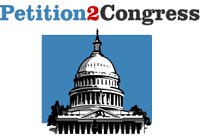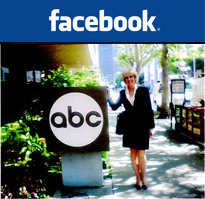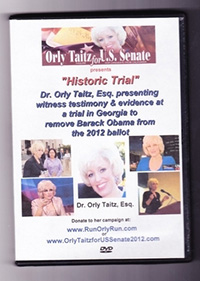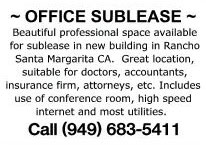“One is left to wonder about judge Carter’s actual judicial motive”
Posted on | October 29, 2009 | 1 Comment
| Jack |
Submitted on 2009/10/29 at 7:21pm
Before bashing Judge Carter for his October 29 Order, consider that he gave Dr. Taitz three openings wide enough through which to drive a Mack truck. First, Judge Carter misstates Orly’s argument as follows: “Plaintiffs argue that despite the fact that President Obama has produced a birth certificate from the state of Hawaii, there is evidence to show that the President was actually born in Kenya, thus making him ineligible to be President.” This sentence could have two applications and meanings, each of which is flatly wrong and grounds for error. If it means that Orly ARGUED that Obama produced the Hawaii birth certificate, that is clearly wrong. She did not argue that. On the other hand, if it means that despite the fact that President Obama has produced a birth certificate, Orly ARGUED there is evidence to show Obama was actually born in Kenya, that is judicial error premised on a fact — “Obama produced a birth certificate from the state of Hawaii” — still in dispute and to be tried. Judge Carter then compounds the above with a misstatement of Orly’s case in the very next sentence as follows: “Plaintiffs also argue that, even if the president was a natural born citizen, he abandoned his citizenship while living in Indonesia and has not gone through the proper immigration procedures to regain his United States citizenship.” First, Orly’s argument of “natural born citizen” is not premised on whether or not Obama was born in Hawaii rather than Kenya, but on Obama’s father being a Kenyan/British citizen on baby Obama’s birth. Second, Judge Carter applies the two terms, “citizenship” and “natural born citizen” in a context as if they are the same. To the contrary, only “citizenship” could be lost through Obama’s intervening Indonesian status, that intervening status would have no bearing on “natural born citizen” — entailing the two citizen parent requirement attached only at birth. (Judge Carter may have announced what was Attorney Gary Kreep’s argument, but it was not Orly’s, leaving us to contemplate Judge Carter retaining Kreep’s and Orly’s cases together over Orly’s strenuous objections.) And finally, Judge Carter cites Plaintiffs’ failure “to bring their claims in this Court until after President Obama was sworn into office” as meaning that Orly lost the right to ask the Court to interpret the candidate’s qualifications to run for office (we’ll leave consideration of Gary Kreep’s role in delay of Orly filing for another day) insisting that Orly’s sole relief claimed is removal from office. At least with respect to Candidate Keyes who bases his claim on tortious fraud against “Candidate” Obama, not ‘President’ Obama, that removal is not the sole relief sought. First of all, whether or not Orly’s case was filed at a time of day on January 20, 2009 before or after Obama was sworn in, the Court would be faced with same actual problem at the present time of addressing a “current President” rather than “political candidate” in terms of relief, hence the distinction is a red herring. On the other hand, IF the “before-or-after Oath” IS crucial vis a vis Orly’s filing as Judge Carter maintains, the time and date of Obama’s Oath is, at the very least, a fact to be tried and a fact in dispute considering that the Chief Justice was called upon to administer the Oath at the Whitehouse, the following day, January 21, 2009 — the day after Orly filed the case. Since federal statute affords grounds for Recusal of Judge Carter by reason of the appearances of, if not real, conflict of interest, there is certainly basis for Orly’s Motion for Recusal by reason of Judge Carter’s hiring as his clerk a lawyer from the very same firm whose senior partner represents Obama in his eligibility cases during the pendency of this case. Coupling that with Judge Carter’s blatant errors, above, yet exhaustive (very well written) legal analyses as well as concluding harsh rebuke of Orly in “hamper[ing] the efforts of her co-counsel Gary Kreep” (one could only wonder at the possible intrigue there), one is left to wonder about Judge Carter’s actual judicial motive, that is, ala Judge Land proceeding. We may never know. |
Comments
One Response to ““One is left to wonder about judge Carter’s actual judicial motive””












 29839 Sta Margarita Pkwy,
29839 Sta Margarita Pkwy, 
 Videography by Barbara Rosenfeld
Videography by Barbara Rosenfeld 


October 29th, 2009 @ 9:05 pm
A tip for Kreep, don’t vacation in upstate NY. It will be too cold for you this time of year and it won’t be any warmer during your lifetime.